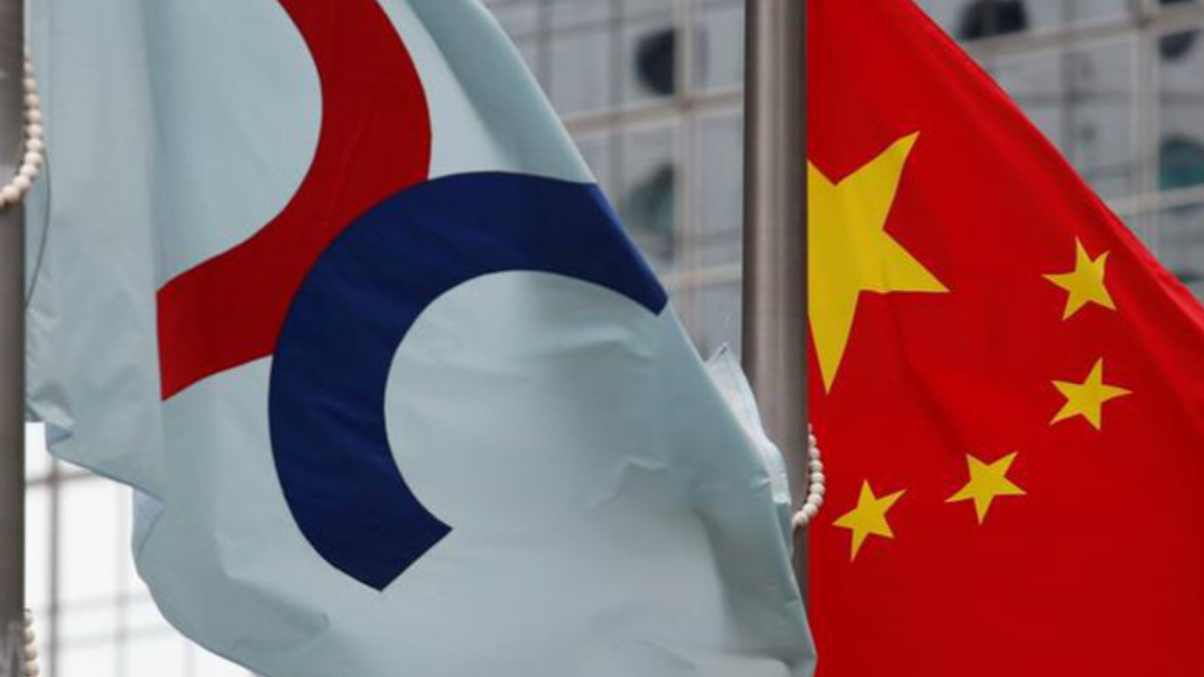Year of the Pig reflection: The fate of ETF Connect
For this Year of the Pig reflection, we look back at our forecast of whether China's ETF Connect was likely to open during 2019.

At the beginning of every Chinese New Year AsianInvestor makes 10 predictions relating to economic, geopolitical or investment issues that will affect how investors make their major decisions. Then, at the end of the year, we look back to how accurate these predictions were.
Sign in to read on!
Registered users get 2 free articles in 30 days.
Subscribers have full unlimited access to AsianInvestor
Not signed up? New users get 2 free articles per month, plus a 7-day unlimited free trial.
¬ Haymarket Media Limited. All rights reserved.


